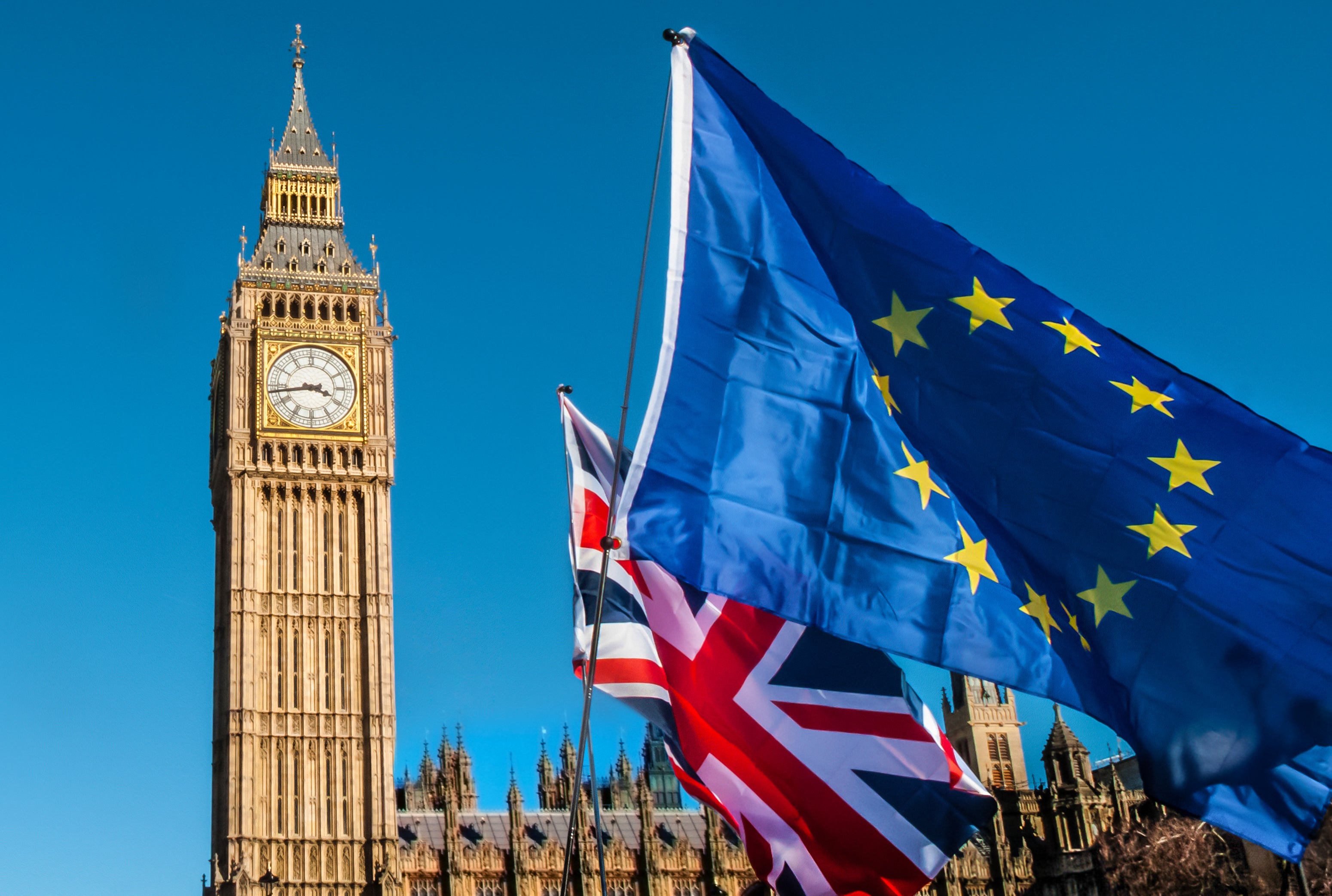The Liberal Democrat election manifesto will include a commitment to ensure under 35s can live, study and work in the EU despite Brexit, The Independent can reveal.
The party will also accuse the Conservative government of “abandoning young people and our economy”.
It comes as Ed Davey’s party battles to win younger, more Labour-minded voters in key ‘blue wall’ seats in the south of England it believes it can take from the Tories.
In April, both Labour and the Conservatives rejected an EU offer to strike a post-Brexit agreement to allow young Britons to make a home in the bloc for up to four years.
The move triggered anger with thousands of voters writing to their MP to demand they accept.

The ambitious mobility scheme would have been for the under 30s, one of the groups most affected by the loss of opportunities to work on the continent in the wake of Brexit.
The Lib Dem manifesto will pledge to reverse that decision and open discussions with the EU. The party also wants to raise the age limit to 35.
Lib Dem foreign affairs spokesperson Layla Moran said: “The Conservatives have abandoned young people and our economy. This is just common sense.”
She said there already was a similar scheme for countries like Australia and New Zealand, called the Youth Mobility Scheme.
“Young people already have the chance to use this scheme for many other countries across the globe. There’s simply no reason why we shouldn’t look to expand it to our European neighbours, which will offer amazing opportunities for generations to come,” she said.
She also accused the Conservatives of putting young people “last on the priority list”.

Rishi Sunak’s party has come under fire for a series of policies for older people, including a new “triple lock plus” for pensioners. At the same time, the party has been criticised for offering young people a return to national service, one of Mr Sunak’s big ideas for this election.
Brexit almost derailed the Lib Dem’s 2019 election campaign after the party announced a widely criticised “revoke” policy, which saw then-leader Jo Swinson pledge to revoke Article 50 and cancel Brexit.
In the end the party suffered a disastrous defeat and Ms Swinson, who lost her own Westminster seat to the SNP, resigned.
Ironically, the Lib Dems had been crucial to calling the election, after they backed then prime minister Boris Johnson’s call for an early vote, arguing it was the best way to stop the UK’s exit from the EU.

The party’s mobility scheme would not involve free movement, as it would only allow individuals to come for a short period.
The post-Brexit proposals come as the party tries to appeal to young voters, who may have voted Labour in the past, in a series of key seats.
Insiders say older voters who have lived in certain constituencies for a long time know if the Lib Dems are the main opponent to the Conservatives in their area.
But he party believes that may be less true among younger people in a number of seats, who have moved out of cities in recent years after the Covid crisis.
The Lib Dems will launch their election manifesto on Monday, following a series of stunts and photo opportunities, which have characterised their campaign so far.
These have included allowing voters to see the party’s leader Sir Ed Davey repeatedly fall into Lake Windermere.
He also opened up about his personal life and caring for his disabled son as he argued for better treatment of carers across the UK.
The party has also campaigned against the sewage being dumped into rivers by water companies and the state of the health service.
Its manifesto will also pledge to create three new national parks in England, bringing the total number up to 13.
In April a government spokesman said the UK was “not introducing an EU-wide youth mobility scheme.”



